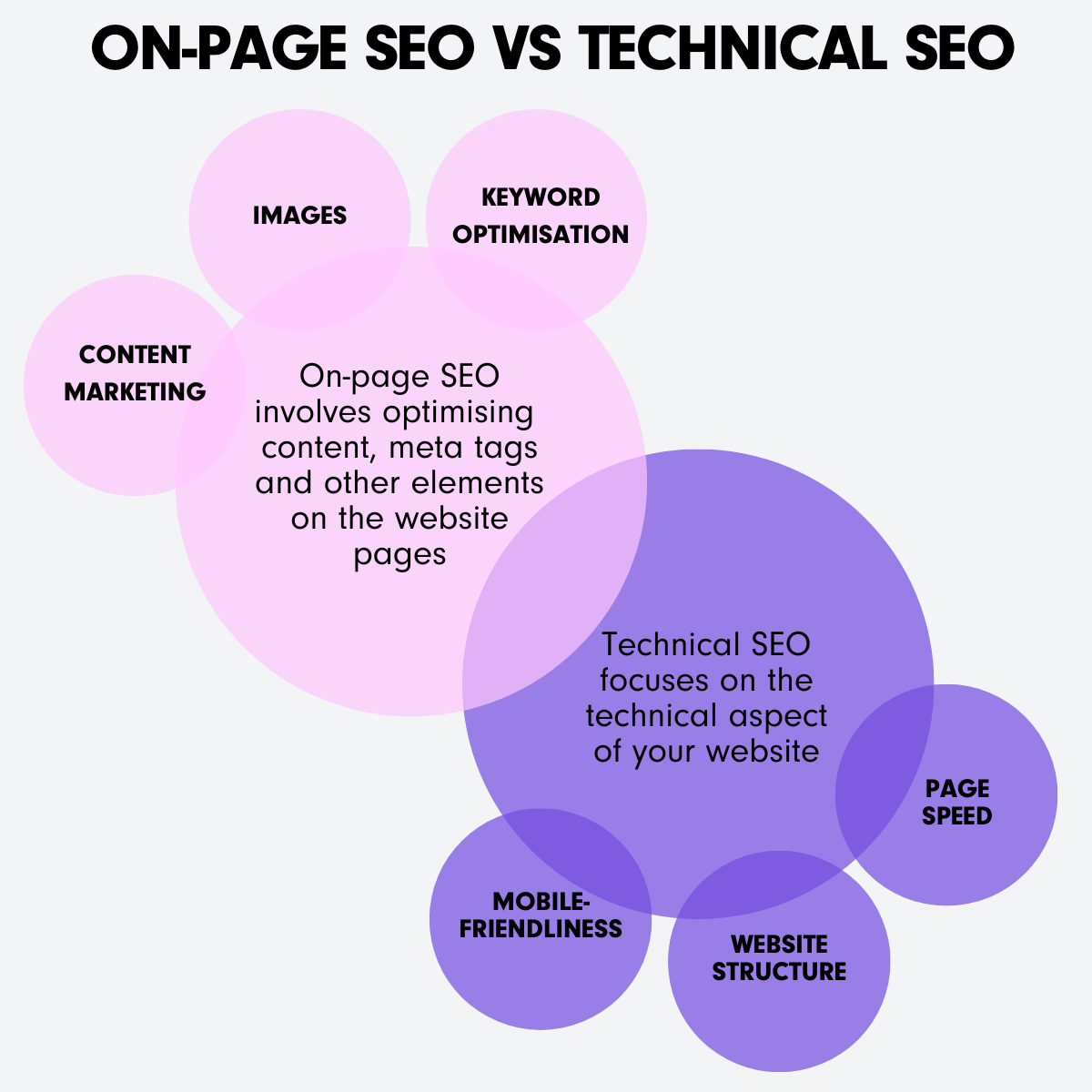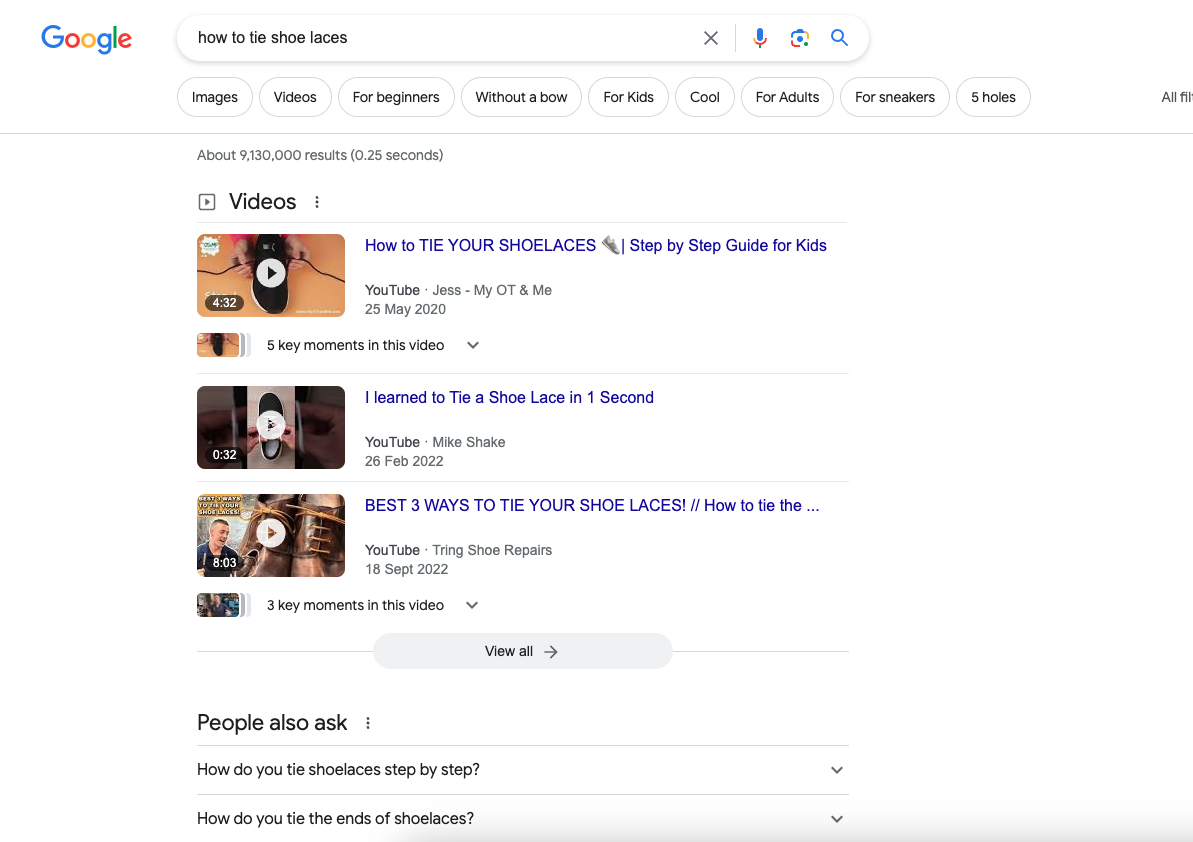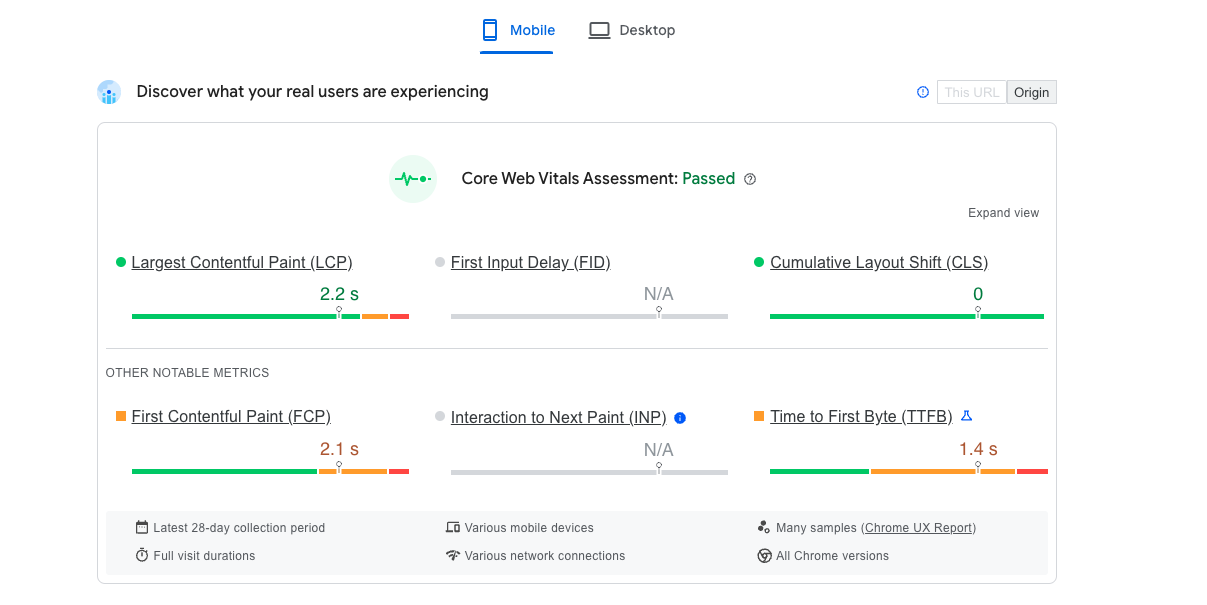Preparing for Google's cookie update

Google Chrome's farewell to third-party cookies promises less ad stalking and a more secure we…

SEO, or Search Engine Optimisation; it sounds quite daunting, and it's touted as black magic by some people, mainly due to the fact that a lot of SEO work goes on behind the scenes. However, we want to clear the air around SEO, and help people understand the importance of it.
SEO is the process of optimising a website in order to rank highly on search engines, such as Google, Bing, etc. When done correctly, a website can see improvements to organic rankings, and users will likely interact better with the website.
So what’s a search engine? And how do they work?
Imagine you’re trying to find information online; you don’t want to have to visit every single website to find what you need - that would take an enormous amount of time. This is where search engines come into play. Search engines save time by:
This is a very simplified explanation of how search engines work, but in truth, there’s over 200 factors Google uses to rank websites and webpages. While all of these factors are important, there are some key ones which can have the most impact.
2. Links
Backlinks from other websites will work wonders when it comes to improving your rankings. Back in the early days of search engines, you could gain links from any website and it would help; this led to a lot of spam tactics.
In this modern age, that doesn’t work anymore. Search engines will take into consideration the backlinks and referring domains to your site, and assess whether those links are relevant to your website. If they are, then great - you’ll likely see improvements in rankings. If they aren’t, you probably won’t see any improvements; if anything, you might see your rankings drop if search engines believe you’re engaging in spam activity. That’s not to say you can’t rank without links, it’s just much harder to do so.
3. Page/Site Experience
This is often a factor that many websites fail on as they focus on other aspects such as content and links, but page and site experience is extremely important. What’s the point in getting people to your website if they leave or don’t take any action due to a poor site experience? Some key aspects of a good page experience are:
We’ve covered the basics of Search Engines and how they work. So what exactly is the optimisation bit? As we’ve mentioned at the beginning, SEO is the process of optimising a website in order to rank highly on search engines.
With so many websites on the internet, it can be hard to get your website to appear on Google for the right keywords, especially if you’re in a competitive market.
Increased visibility and organic traffic
The main draw of good SEO is you’ll likely see increased visibility and a larger share of organic traffic.
Enhanced Brand Awareness
Having good SEO helps your brand, as people are more likely to find your brand when searching for information or products in your niche.
Improved User Experience
SEO can identify weak spots in your website and help fix them and make the website easier to use.
Cross-Channel Improvements
By improving a website’s SEO you may see improvements to other marketing campaigns, as many SEO changes can help improve conversion rates and website usability.

The three main pillars of SEO are:
On-Page SEO
On-page SEO focuses on optimising aspects on a website that are generally visible on a page, hence the name. This includes but is not limited to: content, meta titles and descriptions, and internal links. Generally, on-page SEO focuses on keywords and search intent.
Keywords
Back in the early days of SEO, it was quite common to find a website that had been stuffed full of keywords in order to rank well. While this did work for a time, it’s no longer something that will see your website flourish, so try to avoid keyword stuffing if you can. Nowadays, if you can naturally weave your target keywords and phrases into your content, as well as making sure that content is unique and relevant, you’ll have a much better chance at ranking well.
Search Intent
Different keywords and queries will have different intent. If someone is looking for the keyword “women’s shoes”, they are most likely to be looking with ‘purchase intent’. If the query is “how to tie shoe laces”, they’re likely searching with ‘informational intent’. Search engines understand this, so they’ll show the most relevant content for each type of intent.

Technical SEO focuses on the technical aspect of your website, by making sure it can be crawled correctly by search engines, and making sure it’s accessible and easy to use for users. Technical SEO is the foundation your website is built on in order to perform well from an SEO perspective.
Here are some key elements:
A well-organised website has a much easier time being crawled and indexed by search engines. Making sure your website has a clear hierarchy, which is defined in a sitemap, can help search engine bots crawl your site more efficiently. Making sure your website has an accessible robots.txt file can help crawlers.
Google now looks at websites from a mobile-first perspective. This means that if your website doesn’t work correctly on a mobile device, you’ll likely see some issues with ranking highly. Most websites now are built to be responsive, which means they’ll scale to the device they’re being viewed on, whether that’s a mobile, tablet or desktop.
It’s not particularly fun when you click a website link and you find it takes forever to load. Search engines don’t like this either, so making sure you have a fast website that works across all kinds of devices and connection types is paramount to SEO success. There are various ways to improve your website’s speed, including making sure your code is efficient and well structured, and compressing any images or using a lightweight image format such as WebP. You can use tools such as PageSpeed Insights to understand how your website performs for real users.

SEO might seem like a complex beast, but by understanding the fundamentals and implementing these strategies consistently, you can give your website a fighting chance of reaching the top of the search engine results pages (SERPs). At RKH, we have an abundance of knowledge when it comes to SEO, so if you’re looking for an agency to help you get off the ground, get in touch with us today.
Get in touch with us today to find out how we can improve your brand's visibility and performance in the SERPs.
Contact us